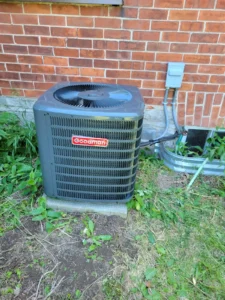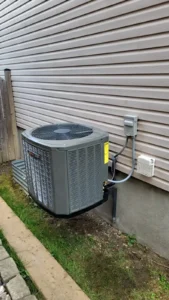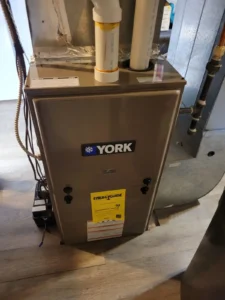Water Softeners
Water softeners are essential for treating hard water, which contains high levels of minerals
like calcium and magnesium. These minerals can cause scale buildup on pipes,
appliances, and fixtures, reducing their efficiency and lifespan. A water softener works by
exchanging these hard minerals with softer sodium or potassium ions through an
ion-exchange process.
Benefits:
● Prevents limescale buildup, improving the efficiency of appliances like water heaters,
dishwashers, and washing machines.
● Softer water is gentler on skin and hair, and it improves soap performance, reducing
soap scum in bathrooms and kitchens.
● Prolongs the lifespan of plumbing systems
Maintenance: Regular salt refills and occasional cleaning are required to keep the system
functioning properly.
Ideal For: Homes in areas with hard water, especially those with older plumbing or
appliances sensitive to mineral buildup.
Tips for Choosing a Water Softener :
1. Determine Water Hardness: Test your water’s hardness level to understand how
much treatment is needed.
2. Capacity: Choose a system that matches your household size and water usage
(measured in grains per gallon).
3. Regeneration Type: Decide between manual, automatic, or demand-initiated
regeneration systems.
4. Salt vs. Potassium: Consider whether you prefer a salt-based system or one that
uses potassium for an eco-friendly option.
5. Maintenance Requirements: Check how often the system needs maintenance and
how easy it is to maintain.
HVAC Service
Each system has its strengths, so the best option depends on your water quality and specific needs. Would you like to explore which one suits your home best?
Our Recent Projects :




